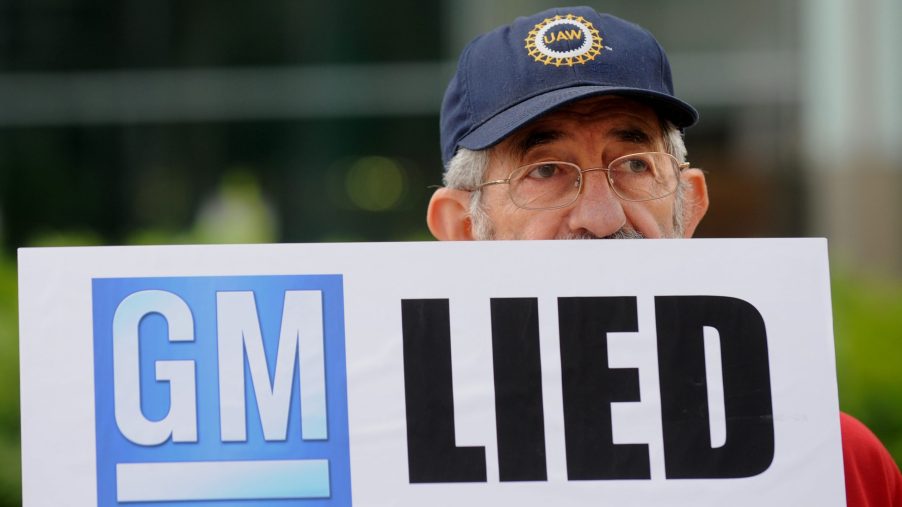
Why Does GM Have So Many Recalls?
GM, or General Motors, has a history of recalling a lot of vehicles. That doesn’t mean the company produces bad cars. It comes down to a game of numbers. When a company sells as many vehicles as GM does, there are bound to be more issues.
GM’s history of recalls
GM had a very public recall back in 2014. A faulty switch led to the deaths of 124 people when it would shut off on accident. GM admitted that the faulty switch led the car to disable all available safety features, which included airbags.
Reuters noted that since 2014, GM had recalled over 2.6 million vehicles related to this case. The company paid $900 million to settle one case and more than $2.6 billion in penalties and settlements.
Many owners claimed that purchasing a vehicle from GM hurt financially in multiple ways. Many owners claimed to think the GM vehicle was a sound purchase but were hurt by the resell value and loss and repairs concerning the defect.
Earlier this year, GM recalled another six million cars and trucks earlier this year.
Using parts across the lineup
But why are these recalls increasing in size and frequency? If we look at Wharton University’s investigation on Toyota recalls, a portion of the issue is the parts themselves. To lower manufacturing costs, brands like Toyota and GM will use the same part in multiple cars.
Thus, if there is an issue with one part used in many cars, the problem can explode. This explains the huge number of cars noted in the recalls.
Susan Helper, an economics professor at Case Western Reserve University, suggests that perhaps new technology is compounding the issue. Cars used to be mechanical systems. These days, cars are mechanical systems integrated with electronic systems.
“Some of it has to do with the newness of some of these systems. We have not had 100 years to study electronics the way we have with mechanics,” Helper noted about Toyota’s response to recalls in 2010.
Using parts across various makes and models is a cost-cutting measure that helps make these cars more affordable. On the catch side, it also means that if one part has a problem, the problem will likely affect many more cars.
Edmunds backs up this theory, and adds a bit more context.
“Add to that stepped-up oversight of automakers by NHTSA and the Department of Justice, as well as media pressure and a greater degree of self-reporting than ever before, and it becomes easy to see why recalls have reached record highs.”
Peter Gareffa | Edmunds
There is more regulation these days and more responsibility being taken to ensure the roads are safer for all drivers.
GM isn’t alone in this
Unfortunately, recalls are not limited to just one brand. Sometimes it means adjusting a part, replacing a part, or even adding a new part. As long as GM and other brands are proactive when there is an issue, drivers should not be afraid of the brand.
This also does not mean cars are less safe. Cars are safer and more reliable than ever these days with the added safety features.
If you are concerned about recall notices on your automobile, enter your VINs on the National Highway Traffic Safety Administration recall page. Look on the left side of your car’s windshield for the character numbers.



